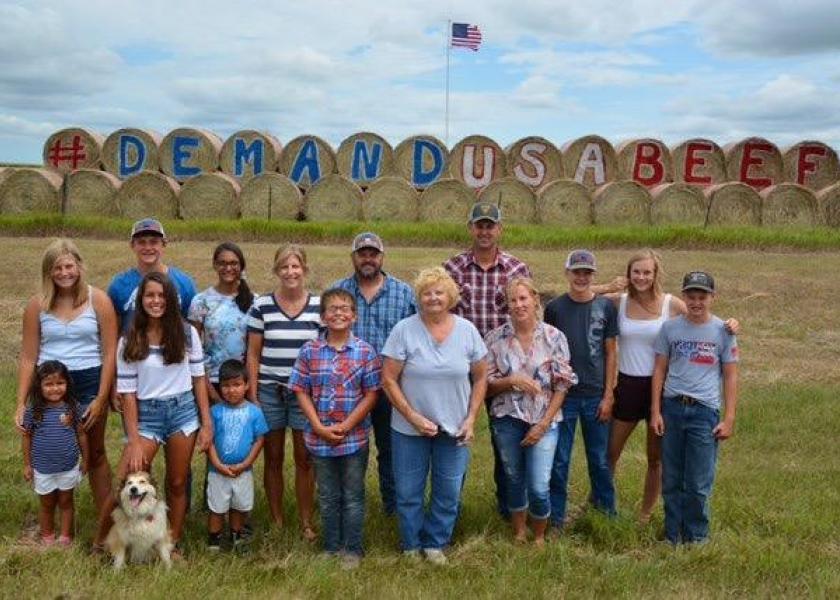R-CALF USA Board of Directors Elect New Officers

During their January meeting, the Board of Directors of R-CALF USA elected Region III Director Brett Kenzy as its new President of the Board and Region VII Director Eric Nelson as the new Vice President.
Under R-CALF USA’s governance, the President and Vice-President of the Board are selected by the Board from among their ranks. The two officers then serve two-year terms.
Outgoing President of the Board, Region II Director and cow/calf rancher Gerald Schreiber from Woodrow, Colo. served the maximum of two three-year terms and served as President of the Board since 2015. Judy McCullough, a cow/calf rancher from Moorcroft, Wyo. was elected to replace Schreiber as the new Region II Director by R-CALF USA’s cattle-owning members in Wyoming, Colorado, and Utah.
Kenzy, whose region consists of North Dakota, South Dakota and Nebraska, operates Kenzy Backgrounding, a 3000-head feedlot and maintains a commercial cow herd in south central South Dakota with his family. Kenzy and his wife have seven children.
“R-CALF USA is the organization that fights for competition, transparency, and honesty for independent livestock producers.” Kenzy said. “I believe that it is one of the very few organizations actively resisting the now global push for full vertical integration of our beef industry. Cooperation is a good thing; control is a different story.”
Nelson, whose region consists of Iowa, Minnesota, and Wisconsin is a fourth-generation farmer/feeder and rancher from Moville, Iowa. Along with his wife and family, he operates two feedlots, a cow-calf operation, raises crops and operates a commercial farm seed business in a three-county area.
Nelson is also an individual plaintiff in the national class action antitrust lawsuit that R-CALF USA first filed against the four largest beef packers in 2019.
“R-CALF USA is steadfast on its work on competition, country-of-origin labeling (COOL), and total transparency. A vibrant cattle industry is vital to all of agriculture, rural communities and to the entire nation,” Nelson said of his support for his organization.







